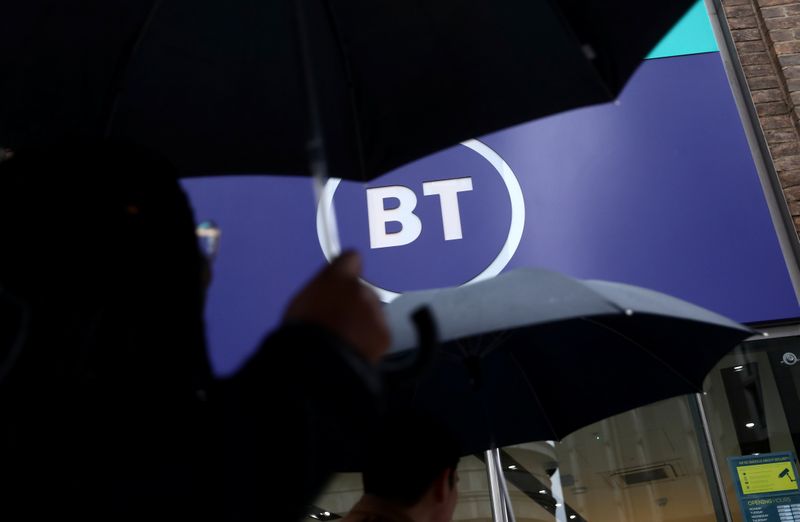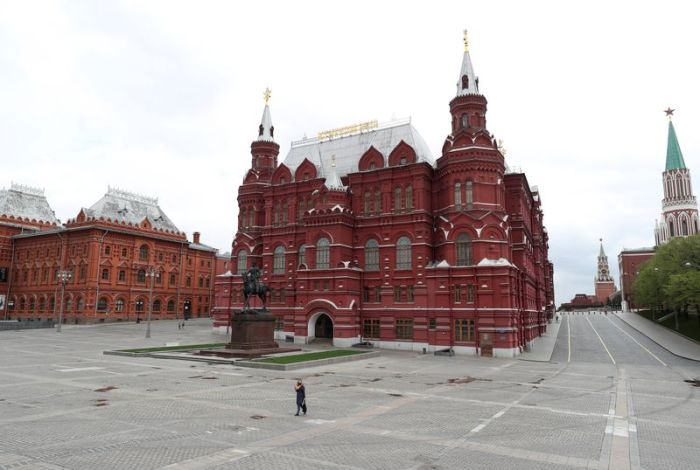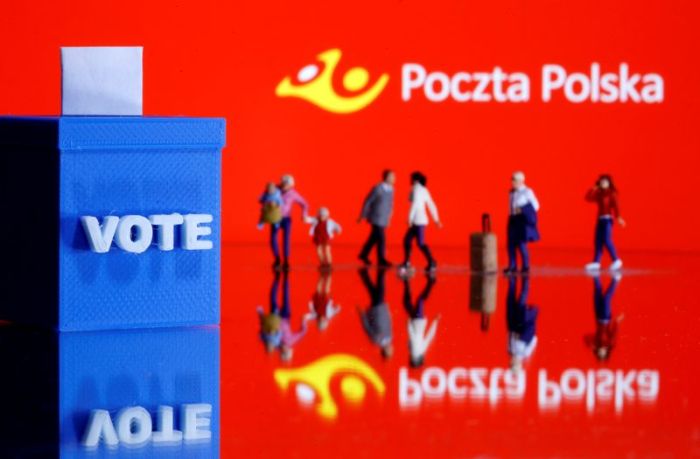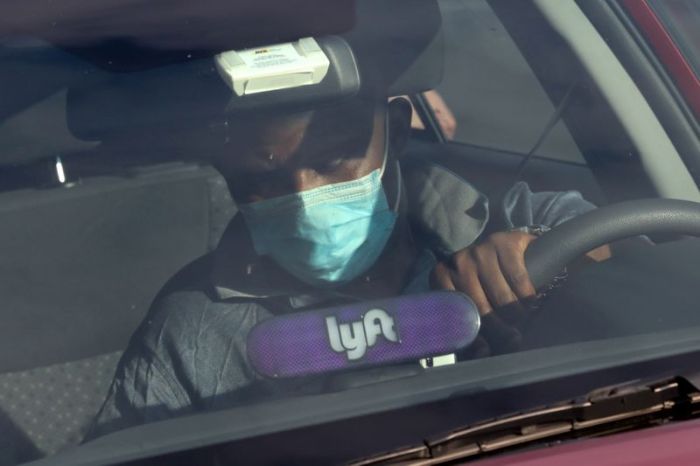LONDON (Reuters) – Britain’s biggest telecoms group BT <BT.L> suspended its dividend and said it would spend billions more on faster fibre broadband connections, as it prepares to meet the challenge posed by the merger of two of its biggest rivals.
Shares in the former monopoly fell as much as 12% to an 11-year low of 101.1 pence on Thursday, as investors reacted to losing their payout and the potential rise in competition.
BT said the saving from suspending its dividend until 2021/22 would see it through the expected financial crash caused by the coronavirus pandemic, which is leading to lower revenue from sports customers, reduced business activity and more cautious spending from multinational customers.
It will also help fund a 12 billion pound ($15 billion) plan to upgrade its legacy copper network to full fibre. If the conditions are right, BT said it could reach 20 million premises by the mid to late 2020s, 5 million more than it had targeted.
On the day rivals Telefonica <TEF.MC> and Liberty Global <LBTYA.O> announced plans to merger their British units to build a stronger challenger, BT also set out plans for a new five-year programme to modernise the business.
Chief Executive Philip Jansen said the coronavirus pandemic, which has seen a surge in the use of mobile phones and data, had brought BT’s national leadership in telecoms into the sharpest focus in its history, and while upgrading the network had been important before, it was now “a matter of extreme urgency”.
Therefore, the dividend – one of the biggest on the London stock exchange – had to be pulled.
“This was a tough decision, but although hard on shareholders, a necessary one so that we can allocate capital for value-enhancing investments,” he told reporters.
“It will also allow us to manage confidently through the coronavirus crisis.”
He said the impact of the pandemic would only become clearer as the economic consequences unfolded over the next 12 months.
“Due to COVID-19, BT is not providing guidance for 2020/21, at this time,” he added, referring to the respiratory disease caused by the new coronavirus.
BT’s shares, which were yielding 13.5% based on the 15.4 pence dividend it had planned to pay, were last trading down 8% at 105 pence. They have fallen more than 40% so far this year.
Suspending the dividend would save BT 3.3 billion pounds, broker AJ Bell said.
BT, which has cut its dividend twice before, is the latest in a list of companies to scale back payouts to weather the coronavirus crisis, including Shell, the FTSE’s biggest payer.
SENSIBLE MOVE
Jansen said the proposed merger between Liberty’s Virgin Media and Telefonica’s O2 underlined the value of combining mobile and fixed services in a single package, a journey BT started by buying mobile network EE four years ago.
“Personally, I think the industry needs consolidation so it’s a sensible move,” he said. “It follows our strategy.”
He said BT was focused on its own network upgrade and on talks with the government and regulator Ofcom about the conditions it needed to go-ahead.
“We are confident of getting the regulatory and policy enablers to support our investment,” Jansen said. “Clearly in this environment the political and regulatory will to encourage investment is very, very high.”
Analysts at Jefferies said scrapping the dividend was unexpected – the market had expected a 50% cut – but had to be offset against the new fibre target and cost cutting programme.
They said the debate was now whether investors shared BT’s confidence the fibre regulatory negotiations would play out favourably, or whether the company had committed itself too early to a plan when the terms had not been finalised.
BT said the efficiency programme would cost 1.3 billion pounds and deliver annualised benefits of 2 billion pounds by March 2025 as it switches off legacy programmes and deploys new technologies.
It expects to resume the dividend at 7.7 pence per share.
The company’s adjusted revenues for 2019/20 fell 3% to 22.8 billion pounds and core earnings dropped 3% to 7.9 billion pounds, both meeting market expectations.
($1 = 0.8068 pounds)
(Reporting by Kate Holton and Paul Sandle; editing by Guy Faulconbridge and Mark Potter)

























